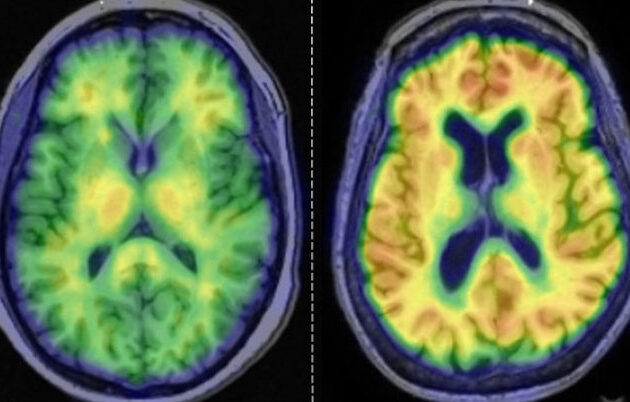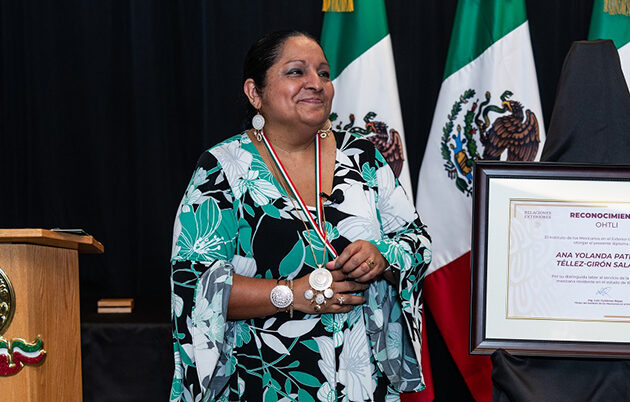“I am excited about the future of radiology and feel fortunate and honored to have been selected chair to contribute to the success of the UW–Madison community,” Reeder said. “I am committed to leveraging collaborative relationships to achieve our goals in research, education and clinical care. In accordance with the Wisconsin Idea, I also strongly believe in the importance of translating discoveries into clinical applications that positively impact society more broadly.”
Reeder’s research, program leadership and entrepreneurship focus on the assessment and imaging of liver disease. His group develops innovative noninvasive imaging methods that improve the diagnosis and care of patients with liver disease and other abdominal illnesses.
As director of the UW Liver Imaging Research Program, he leads work on the technical development and translation of new liver imaging methods, particularly quantitative imaging biomarkers. Such biomarkers provide objective assessment of normal and pathogenic processes to aid in the detection, diagnosis and response to treatment. Reeder is also a founder of Calimetrix, a Madison-based startup that designs, manufactures and markets advanced MRI test objects called “phantoms” that aid in research.
Reeder completed his undergraduate degree in engineering physics at Queen’s University at Kingston in Canada. He earned master and doctorate degrees in biomedical engineering and a medical degree from Johns Hopkins University. He completed his residency in diagnostic radiology and fellowship in abdominal and cardiovascular imaging at Stanford University.
He is affiliated and partners with multiple departments in the school and across campus, including medicine, medical physics and emergency medicine, as well as biomedical engineering in the College of Engineering. Reeder is also dedicated to advancing diversity, equity and inclusion and professional well-being in the field of radiology. His numerous honors include the UW–Madison H.I. Romnes Faculty Fellowship, fellow of the American College of Radiology, fellow of the American Institute for Medical and Biological Engineering, and past service as president of the International Society for Magnetic Resonance in Medicine and president of the Society for Advanced Body Imaging.
Reeder’s skills in collaboration, inclusion and innovation will further advance the department’s highly respected reputation, according to Robert N. Golden, MD, dean of the school.
“Dr. Reeder has an outstanding track record as an exceptional leader, and he is clearly committed to expanding the school and academic health system’s clinical, research and educational enterprise,” he said. “I look forward to him accelerating the department’s rise to even greater heights.”


